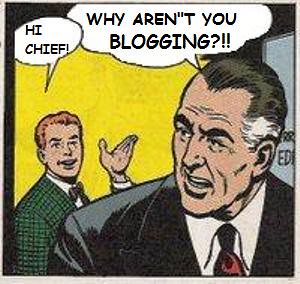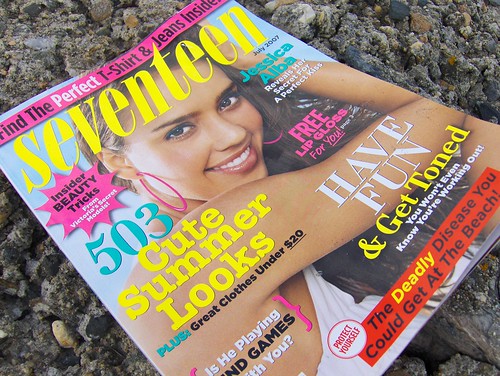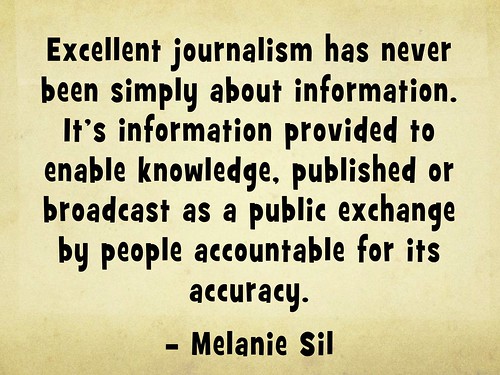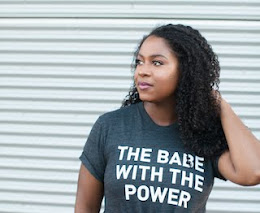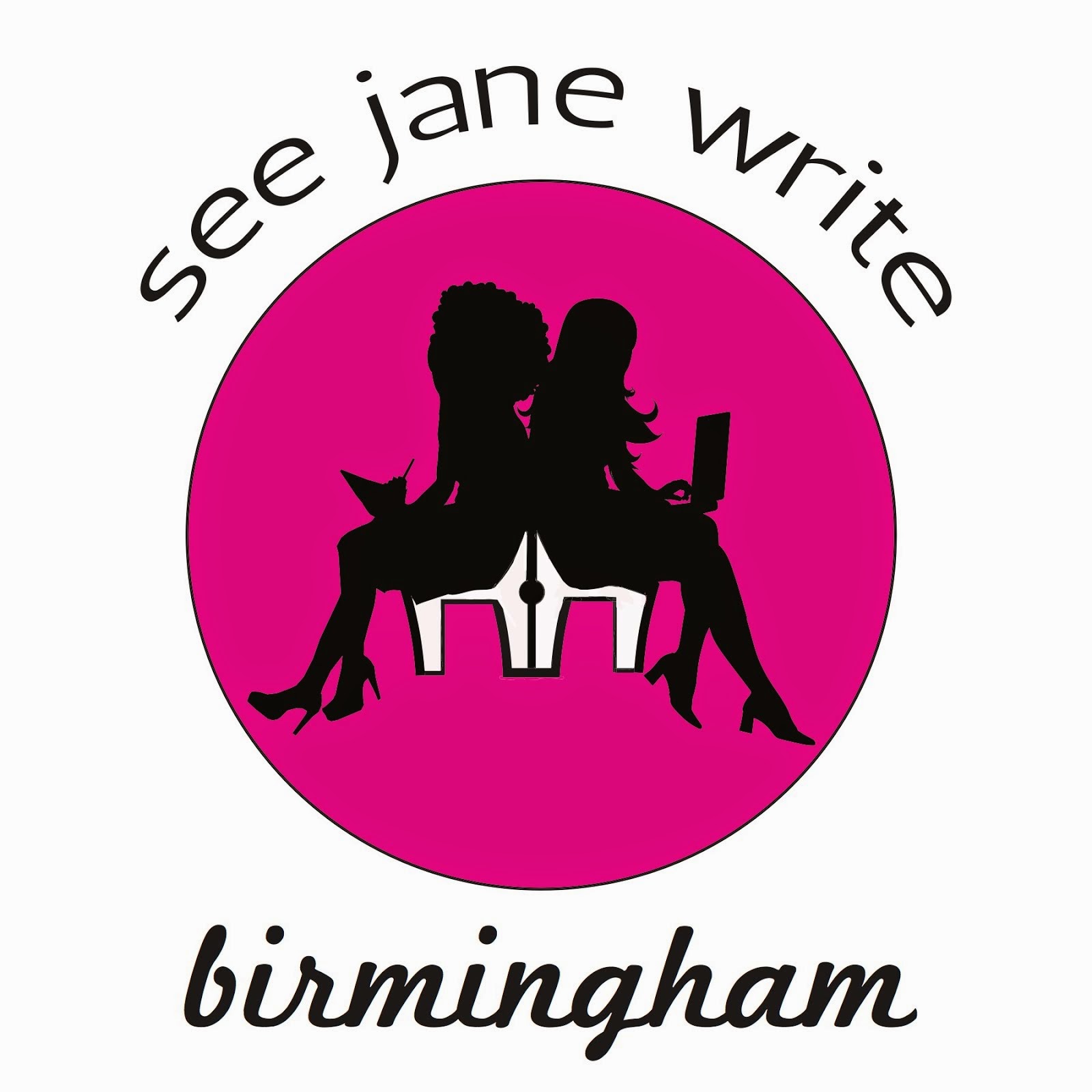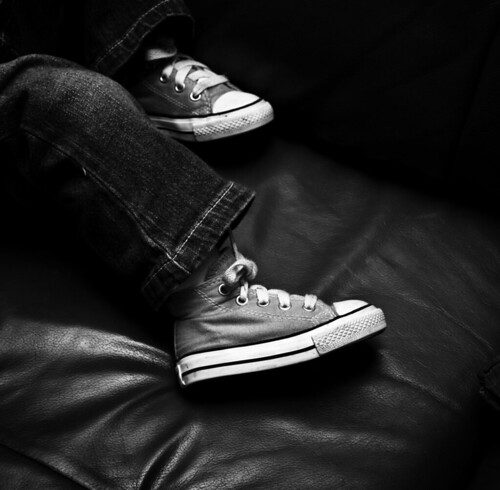 |
| Photo by Roy Costello Image via Flickr/Creative Commons |
The other day a writer pal of mine tweeted about her fear of writing on controversial topics. I quickly jumped in (Writeous Babe to the rescue!) and reminded her that the best of essays are those that take an unpopular stance on an issue. Then she replied that she was mostly reluctant for fear that her opinion would change. I told her that was OK. I don't believe writers should ever pretend to have it all figured out. We don't have all the answers and we should admit that. "Writing is about asking questions," I tweeted. And after she marked my tweet as a favorite I felt special, like I had said something important and sage.
Then I realized I was a hypocrite.
Lately the thing that's been on my mind most is a controversial, unpopular choice of mine that I've been leery to write about.
I don't want children.
In January of 2008 I was diagnosed with a condition that would most likely make pregnancy, delivery, and life after childbirth extremely difficult for me. When people close to me, people aware of this issue, ask me why my husband and I aren't trying to have kids I use this condition as an excuse. But it's just that -- an excuse. I don't want children, and it has nothing to do with my health.
I had a wide variety of responses ready for the moment when someone asks why I'm not trying to get knocked up: We're not quite ready. We need to put away more money in savings. We want to buy a house first. Excuse. Excuse. Excuse.
A few months ago -- ironically on Mother's Day -- I made the decision to drop the excuses. And when random lady at the supermarket asked why my husband and I don't have kids, I boldly replied, "I don't want children." That has been my response to anyone who has asked since then. And for some reason I'm asked this question about once a week, usually by someone who can't even correctly pronounce my name and, therefore, has no business asking me something so personal. But I digress.
I've wanted to write about the hilarious array of reactions I get to my declaration that I don't want children, but in order to do that I would have to write about the fact that I, you know, don't want children. And that I didn't want to do.
Sure, I've written about this matter in a lighthearted manner in the past like when I wrote a column for the weekly I used to work for about remaining childless for reasons such as I didn't want my perky boobs to sag after becoming lactation stations. And like this piece I wrote for The Hairpin.
But I've never dealt with this topic seriously in my writing. Why? For the same reason my friend wouldn't tackle her tough topics -- I'm afraid I'll change my mind. At this point in my life I'm pretty sure I will not. When I was in my 20s everyone said as soon as I turned 30 I'd go baby crazy. But when that monumental birthday rolled around last year I began to feel more certain than ever that I did not want to be a mom. Still, there is a chance I could change my mind.
No, I'm not worried about proving right all the people who said I would, in fact, change my mind. Those are the same people who think I don't want kids because I wasn't hugged enough as a child. (Growing up my brother and I never went to bed without my parents first giving us a hug, a kiss, and an "I love you.") And those are the same people who say ridiculous things like, "Motherhood is a woman's purpose and duty." Ergo, I don't care what they think.
What I’m worried about is changing my mind, having a kid,
and then one day Writeous Baby reads this post and starts yelling, “Mommy! You
didn’t want me?! You don’t love me!” That is my fear. But I guess it’s too late
now. The declaration that I want to remain child-free has been made and posted
in cyberspace.
And in case it's 2030 and you're reading this, Writeous Baby, please know that if you're in this world it's because I not only wanted you, but decided I couldn't live without you.














